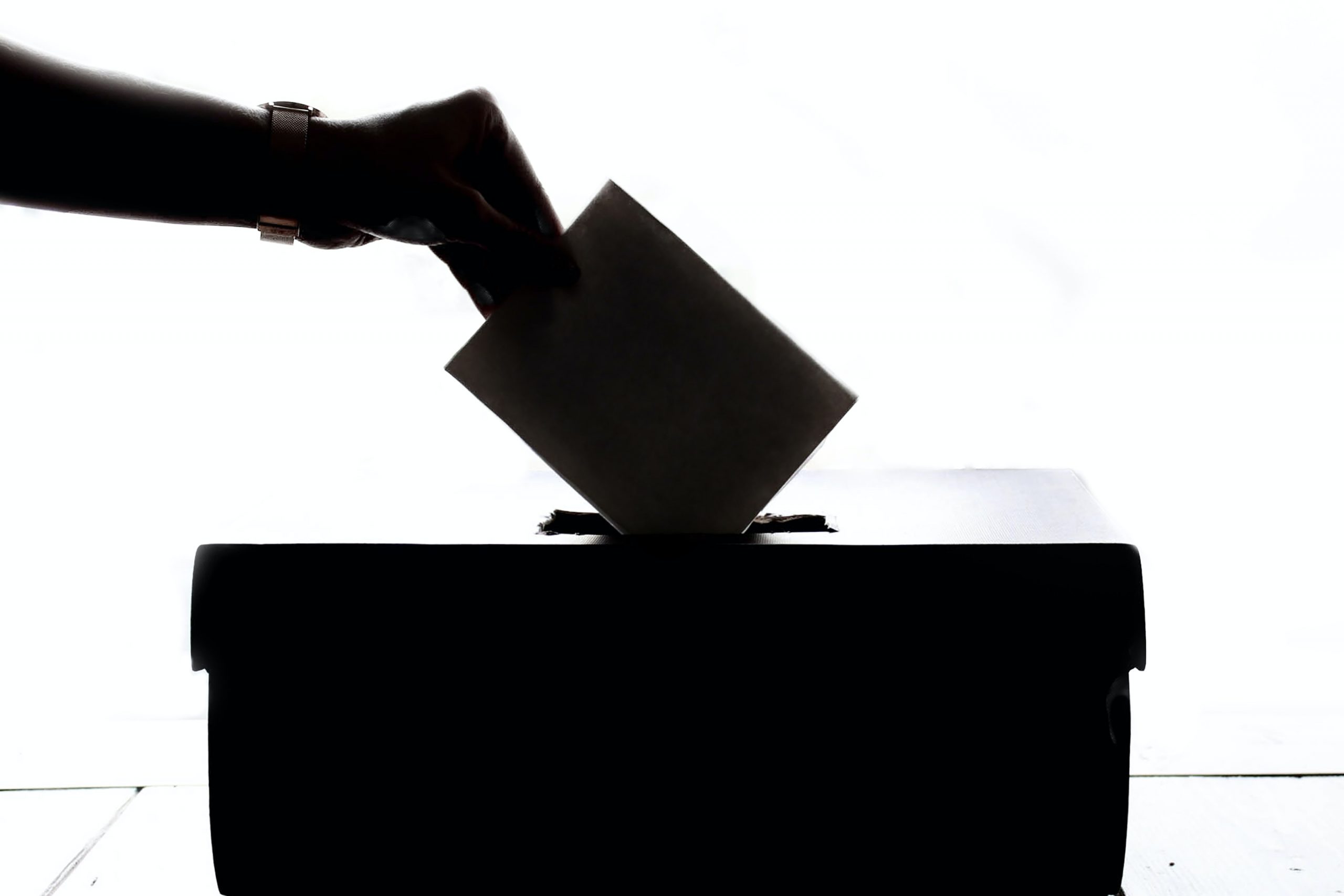In light of the ongoing COVID-19 pandemic, the two states conducting regular state-level elections in 2021—New Jersey and Virginia—have both made temporary modifications to their candidate ballot access procedures.
Ballot access procedures dictate whether a candidate or political party will appear on an election ballot. These laws are implemented and enforced at the state level. A candidate must prepare to meet ballot access requirements well in advance of primaries, caucuses, and the general election.
New Jersey: On January 25, 2021, Governor Phil Murphy (D) issued Executive Order No. 216, which provided that filing officers “allow for any candidate, delegate, recall, initiative, referendum, or other petition required to be filed prior to an election to be submitted by hand delivery and electronically.” The order also allows for petition signatures to be collected electronically.
Virginia: In January 2021, the Virginia Department of Elections settled a lawsuit over ballot access requirements for statewide candidates in 2021. As a result of the settlement, the signature requirement for statewide petitions was reduced from 10,000 to 2,000, with at least 50 signatures from each U.S. House District (as opposed to the statutory requirement of 400 signatures per district). The settlement also provided for petition signers to submit their signatures electronically.
Ballot access changes in 2020: In 2020, at least 20 states made temporary modifications to their ballot access procedures: Alabama, Connecticut, Florida, Georgia, Illinois, Louisiana, Maine, Maryland, Massachusetts, Michigan, Minnesota, New Hampshire, New Jersey, New York, Rhode Island, Texas, Utah, Vermont, Virginia, and Washington.
Additional Reading:


